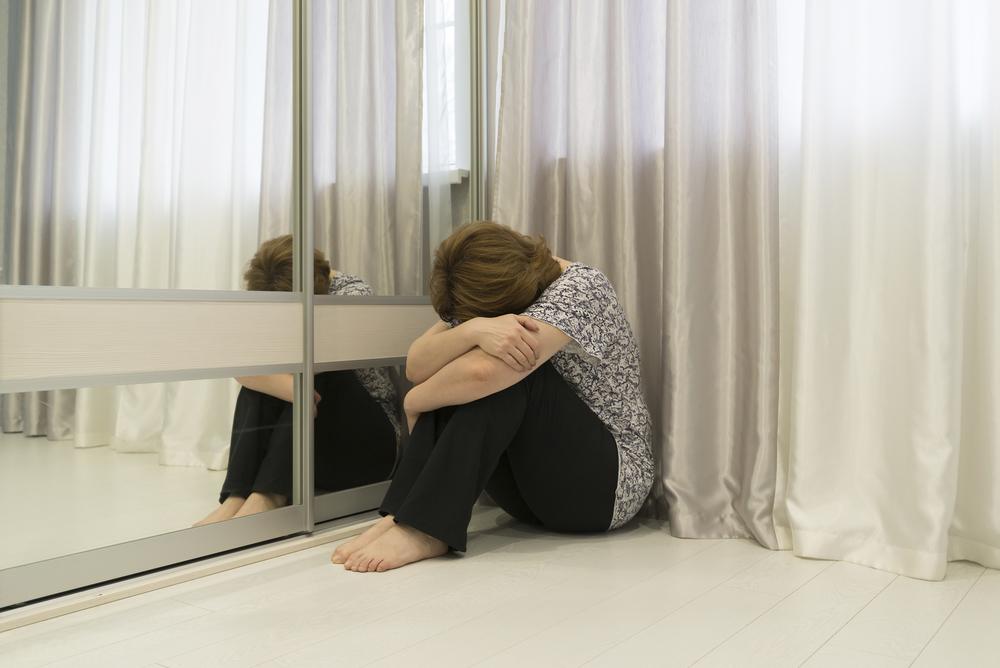A Guide to Managing Anxiety and Stress Effectively
This comprehensive guide explains the differences between anxiety and stress, highlighting their symptoms, types, and management strategies. It emphasizes the importance of recognizing signs early and seeking professional help when necessary. Practical tips for reducing symptoms include lifestyle changes and relaxation techniques, offering effective ways to improve mental well-being. Understanding these conditions aids in achieving better life quality and mental health resilience.

Understanding Anxiety and Stress
Both anxiety and stress are emotional responses to life's demands, though they differ in origin. Stress typically arises from external pressures like deadlines or conflicts, lasting for a short period. Anxiety, however, is an internal reaction that can persist beyond immediate stressors. Recognizing these distinctions is crucial for effective management and seeking appropriate support when needed.
While stress tends to be transient, chronic anxiety can lead to mental health disorders if untreated. Factors like past trauma, psychological conditions, or poor lifestyle choices can heighten vulnerability. Techniques such as stress management, relaxation practices, and maintaining healthy habits can help ease mild symptoms. Persistent anxiety may require professional treatment for optimal recovery.
Recognizing Common Signs of Anxiety and Stress
Frequent headaches
Sleep problems like insomnia
Muscle tension and aches
Feeling exhausted
Rapid heartbeat and shortness of breath
Digestive issues such as constipation or diarrhea
Irritability and restlessness
Difficulty focusing
Differences in Anxiety and Stress Disorders
Panic Disorder: Sudden episodes with chest pain and breathlessness.
Agoraphobia: Fear of open or crowded places.
Generalized Anxiety Disorder: Ongoing excessive worry without clear cause.
Social Phobia: Fear of social situations due to judgment.
Selective Mutism: Inability to speak in social contexts, mainly in children.
Separation Anxiety: Fear of being apart from loved ones, common in children.
Types of Stress
Acute Stress: Short-term response to specific stressors.
Chronic Stress: Ongoing stress negatively affecting health.
Episodic Acute Stress: Repeated bouts of immediate stress impacting well-being.
If lifestyle modifications do not improve symptoms, consulting a mental health professional is recommended. Managing anxiety and stress involves identifying triggers, practicing relaxation techniques, and seeking expert support for sustained relief.


